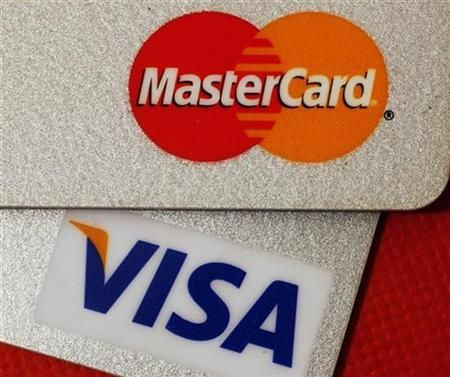Are Small Business Owners Second-Class Citizens?

If small business is supposed to be the backbone of the U.S. economy, as so many have called it, what then should we infer from the fact that regulators and politicians have deemed small business owners to be undeserving of the same legal rights as the general consumer population – at least as far as credit cards are concerned?
You see, the Credit CARD Act of 2009 applies to consumer-branded credit cards but not those labeled for business use, despite the fact that small business credit card users are held personally liable for unpaid balances and their personal credit reports are leveraged as if the account in question was personal as well. Not only is this regulatory imbalance a head-scratcher, but it also has the potential to create major problems both for the small business community and the economy at large moving forward.
The CARD Act spurred the implementation of a number of important regulations – including rules against unfair billing and payment allocation practices – but perhaps the most significant of them all is the prohibition of interest rate increases for existing balances unless the cardholder is at least 60 days delinquent on payment. Without that, the owners who logically gravitate to small business-branded credit cards and use them to finance company expenses will be effectively debt insecure. The only thing between them and drastically increased monthly debt payments are the whims of a credit card company executive.
How big of a problem is this? Well, roughly 40 percent of small businesses apply for credit each year and 17 percent use a credit card as their primary funding source, according to surveys from the Federal Reserve Bank of New York. And while entrepreneurship rates have dropped a bit of late (perhaps indicating economic recovery since figures include both employee and non-employee businesses), they reached decade-long highs during the worst of the Great Recession.
In other words, regulators have further stacked the deck against a critical sector of the economy whose underlying businesses face dwindling odds of success with each $1,000 in credit card debt they incur during their first year of operation. Given that “new firms and young businesses account for about 70 percent of gross job creation and disproportionately contribute to net job creation,” according to a 2012 report from the Kaufman Foundation and U.S. Census Bureau, do we really want to be in the business of legislatively sabotaging small business owners?
Sure, small business owners can always just use general-consumer credit cards to meet their financing needs, but that’s not a perfect solution. CARD Act protections will eventually be extended to small business products – in fact, there is currently a bill aimed at doing just that in Congress – and evaluating the extent to which major issuers recognize this inevitability now provides interesting insight into their managerial foresight and preparedness. Data from CardHub’s annual Business Credit Card Studies indicate that Bank of America, American Express, and Capital One have extended more major CARD Act provisions to their suite of business credit cards than any other major issuers, with BofA the only one to have yet prohibited arbitrary interest rate increases on existing balances. Take from that what you will, but with the world trying to figure out what’s next for the banking sector, an added piece of analysis can’t hurt.
At the end of the day, only time will tell what effect legislatively hampering small business management will have on the overall economy. The status quo has been in effect for some time now, so it’s not likely to do much additional harm, but you have to wonder how much upside we’re leaving on the table by not helping small businesses maximize their potential.
Odysseas Papadimitriou is a former senior director at Capital One and currently CEO of the personal finance websites CardHub and WalletHub
© Copyright IBTimes 2024. All rights reserved.






















